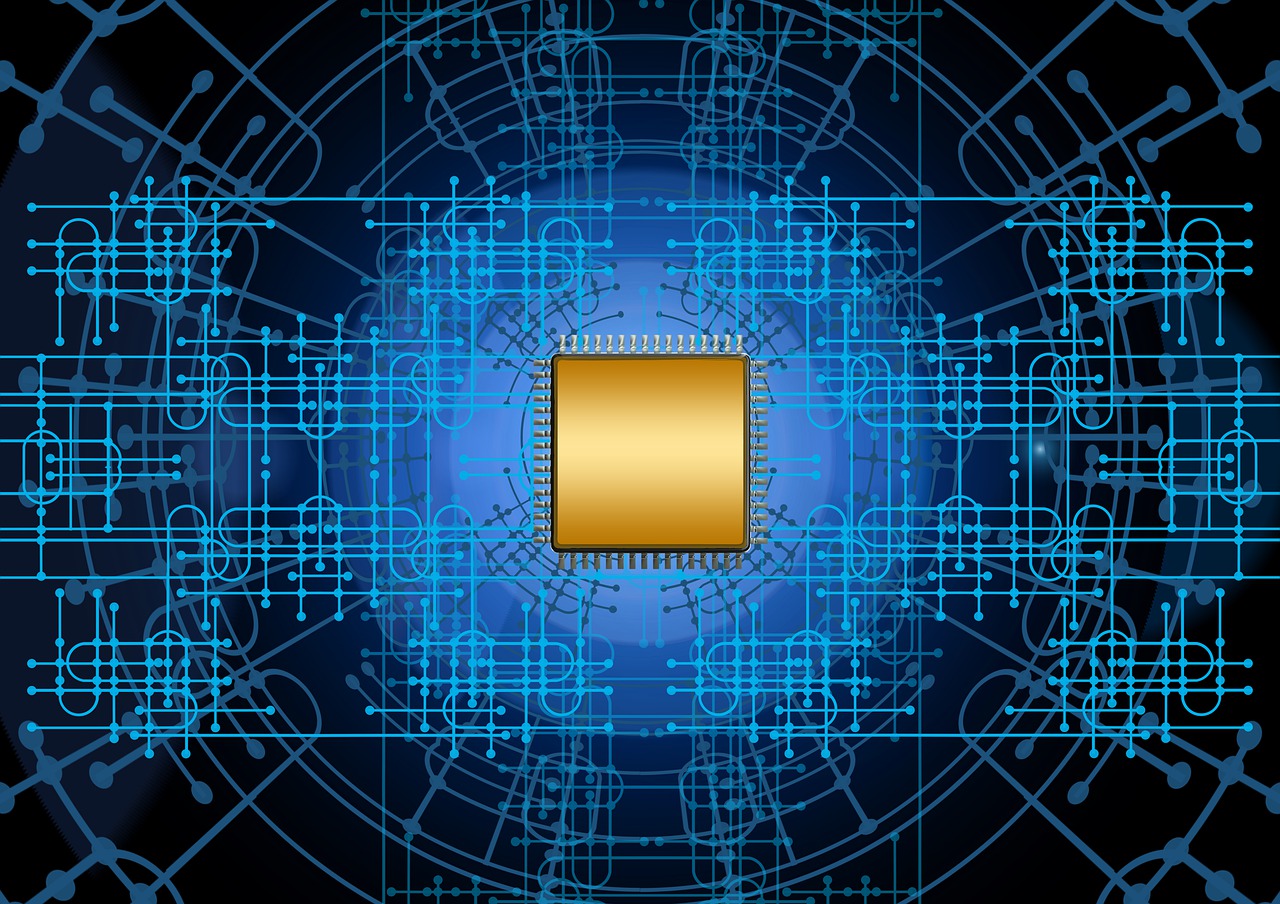Author: Francesco Cirillo.
The geostrategic rivalry between China and the US is affecting the semiconductor and integrated circuit industry.
In recent months, Washington has implemented a clear strategy to contain Chinese geo-economic expansionism, to prevent Beijing from gaining access to semiconductor manufacturing technologies. The technology war between Washington and Beijing has now reached the WTO. A few days ago, Beijing filed a request with the World Trade Organisation, asking it to analyse the restrictive policies imposed by the United States on the export of hi-tech products. This has not stopped companies operating in the sector from moving to protect themselves. First of all, Amazon started to design a new microchip aimed at PCs, with the aim of integrating semiconductor production in-house. In this technology war, other companies are also moving. Nvidia and TSMC have started to design new products for the industry.
Nvidia, as reported by Reuters, has presented a project for a new advanced microchip (called A800), capable of overcoming security controls concerning restrictive rules on the export of high technology to the People's Republic of China. The strategy pursued by TSMC is different. The Taiwanese company, after opening a production plant in the United States, is planning to design new advanced chips to meet Apple's needs. But the companies' business strategies have to cope with the technology war between China and the US. The Biden administration, following in the footsteps of Donald J. Trump's administration, has implemented tools to contain China's geo-economic expansion and prevent it from gaining access to advanced technologies in semiconductor manufacturing. In this scenario, Beijing has started to move. According to the Reuters agency, Beijing has decided to inject some 143 billion dollars into the industrial sector to support its companies. According to rumours, the five-year plan should cover the entire production chain process (from design to production).

For the Chinese government, this economic aid package is part of its strategy to decouple its economic sector from that of the US, reducing its dependence on Washington in technology sectors. While China is one of the largest exporters of rare earths, it has a strong dependence on the US for hi-tech products, which are essential for its military modernisation project. In this context, Beijing aims to break free from its technological dependence on the US within the next three years, with the target of meeting 70% of its domestic needs.
However, this status in the semiconductor industry would risk putting it under great pressure as many companies, anticipating commercial retaliation from the US, might self-impose to stop doing business with China or cut off contact with Chinese companies. Beijing meanwhile has started its plans to support its companies and help them in the China-US competition. Despite the dialogues and communication channels between Beijing and Washington, the two superpowers maintain a certain distance and mutual distrust between them. The Semiconductor War of this millennium has entered its most delicate phase.

No comments.